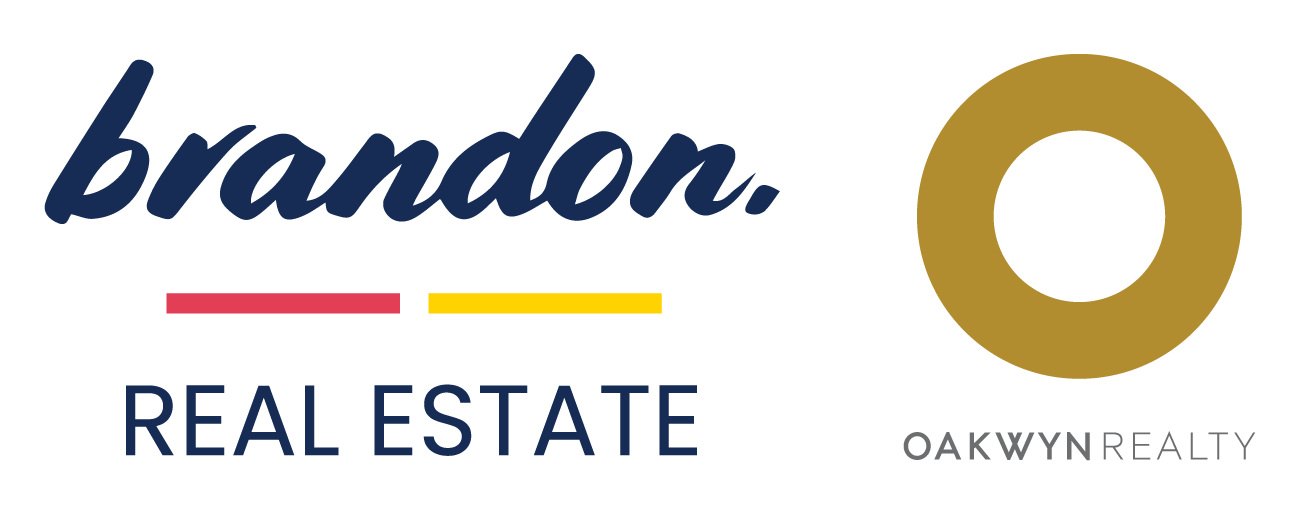
2022 is already on pace to set records across the Lower Mainland... and the North Shore (West Van/North Van) is no different. Yes, we are all pleading and screaming for "more inventory" as Realtors across North Vancouver and West Vancouver desperately attempt to get more listings online!
The past 2 weeks of January have now been some of the busiest weeks in the last 6-months and that probably will persist for the coming months (possibly year).
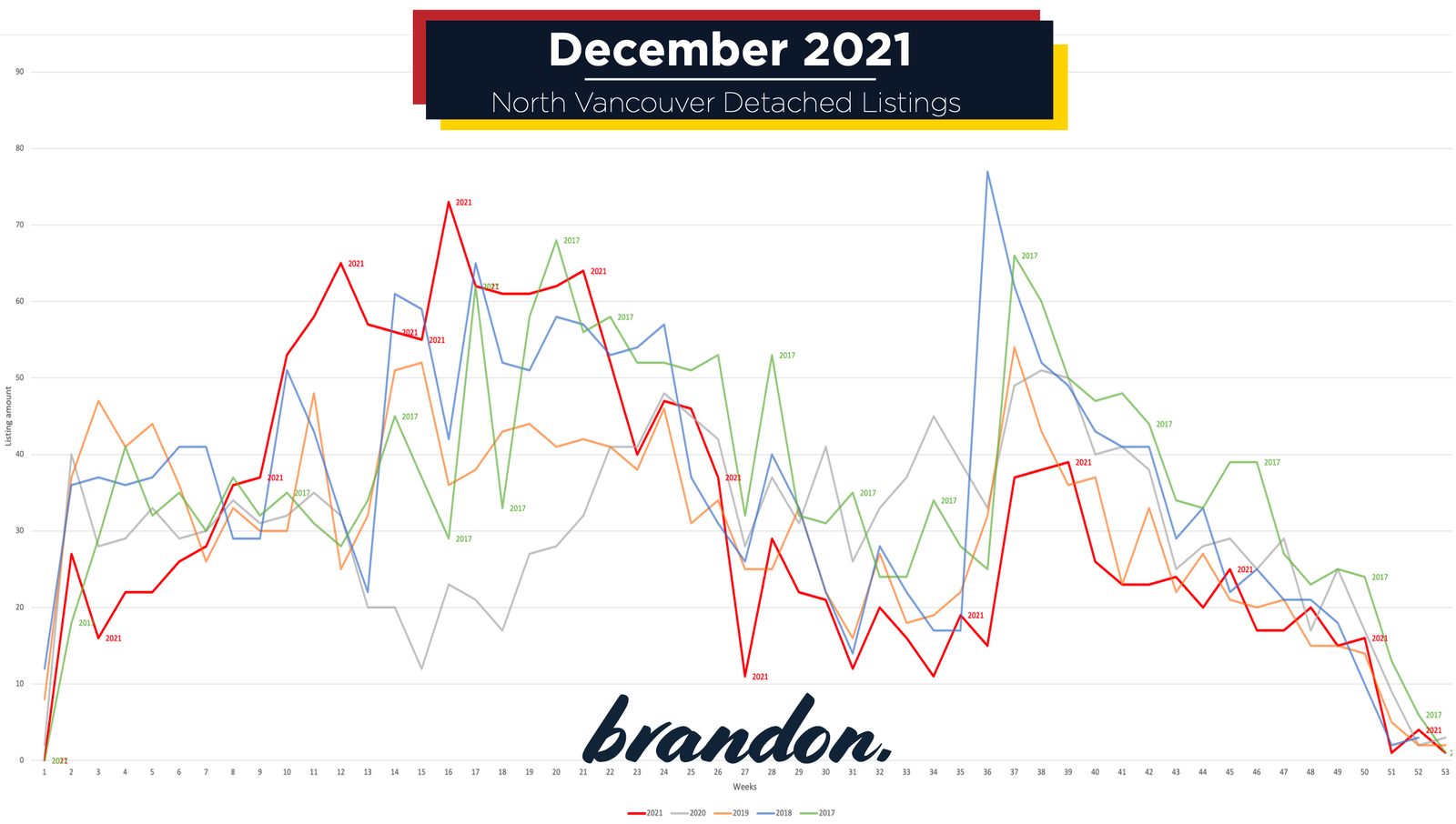
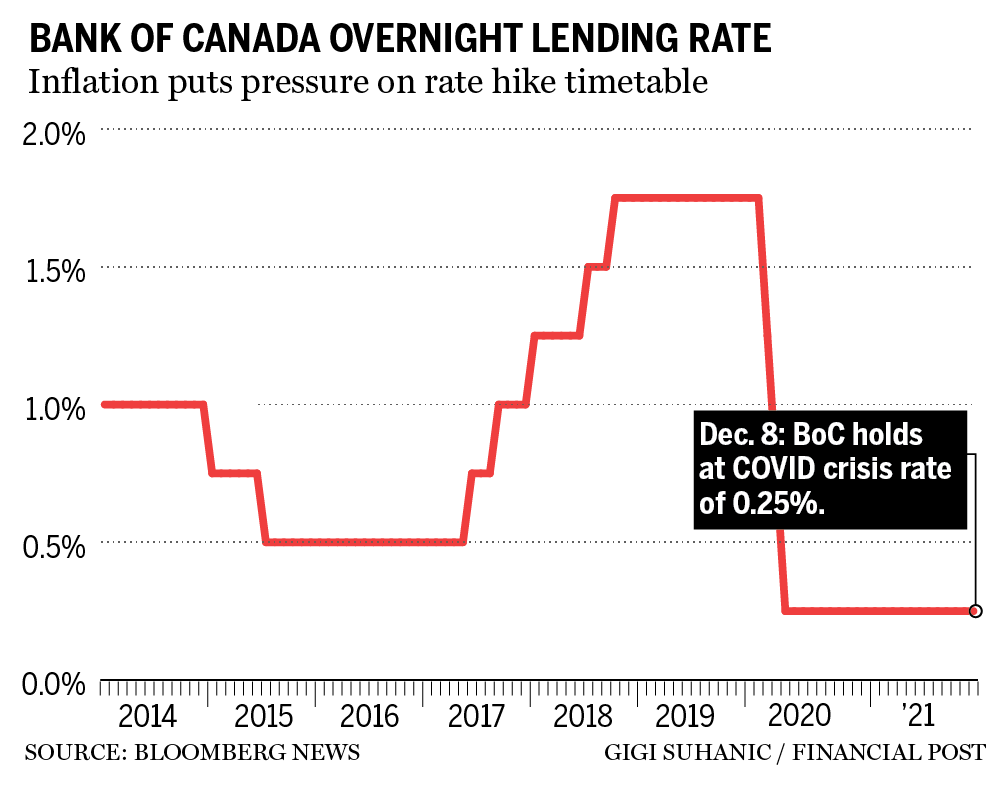
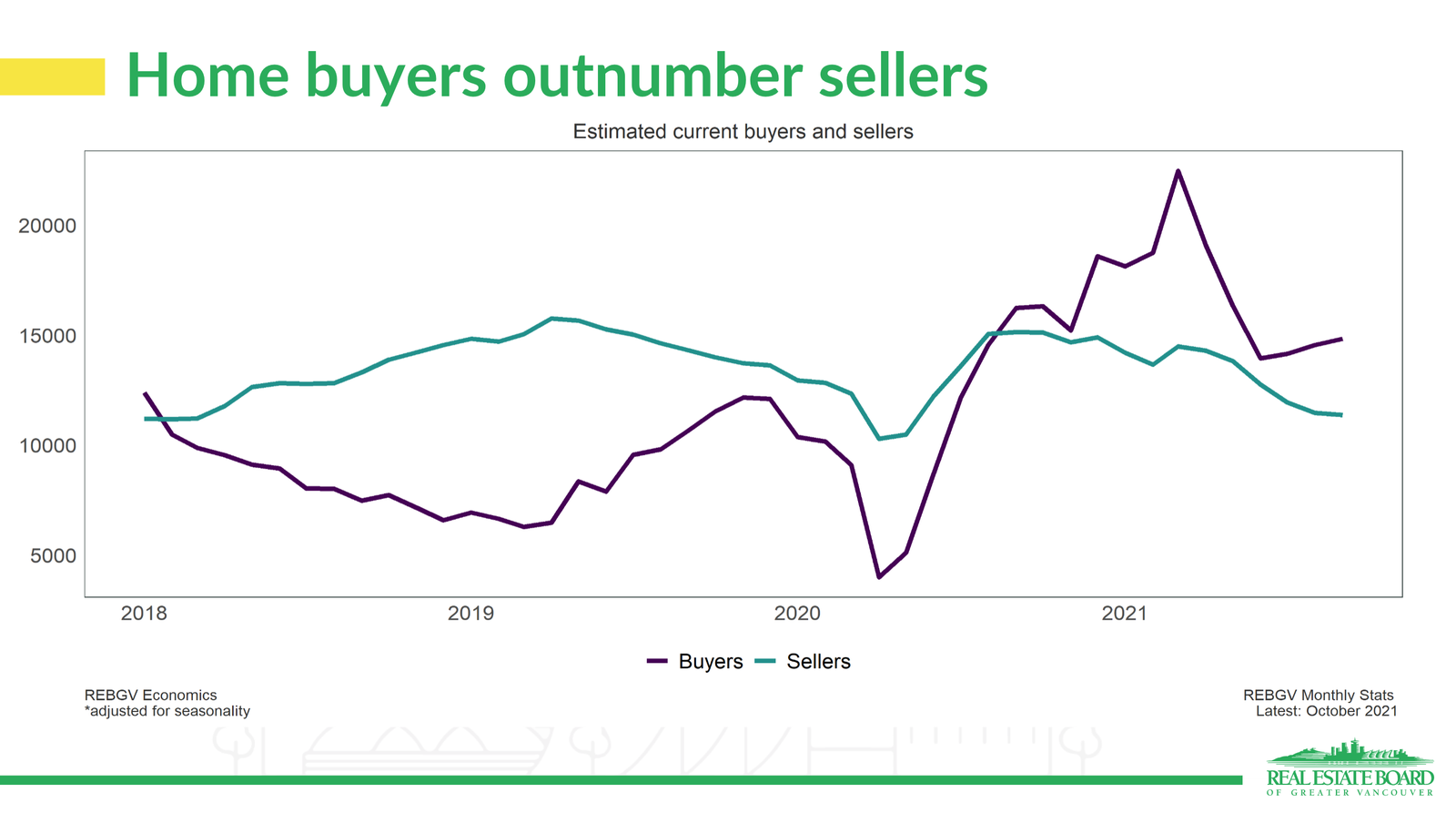
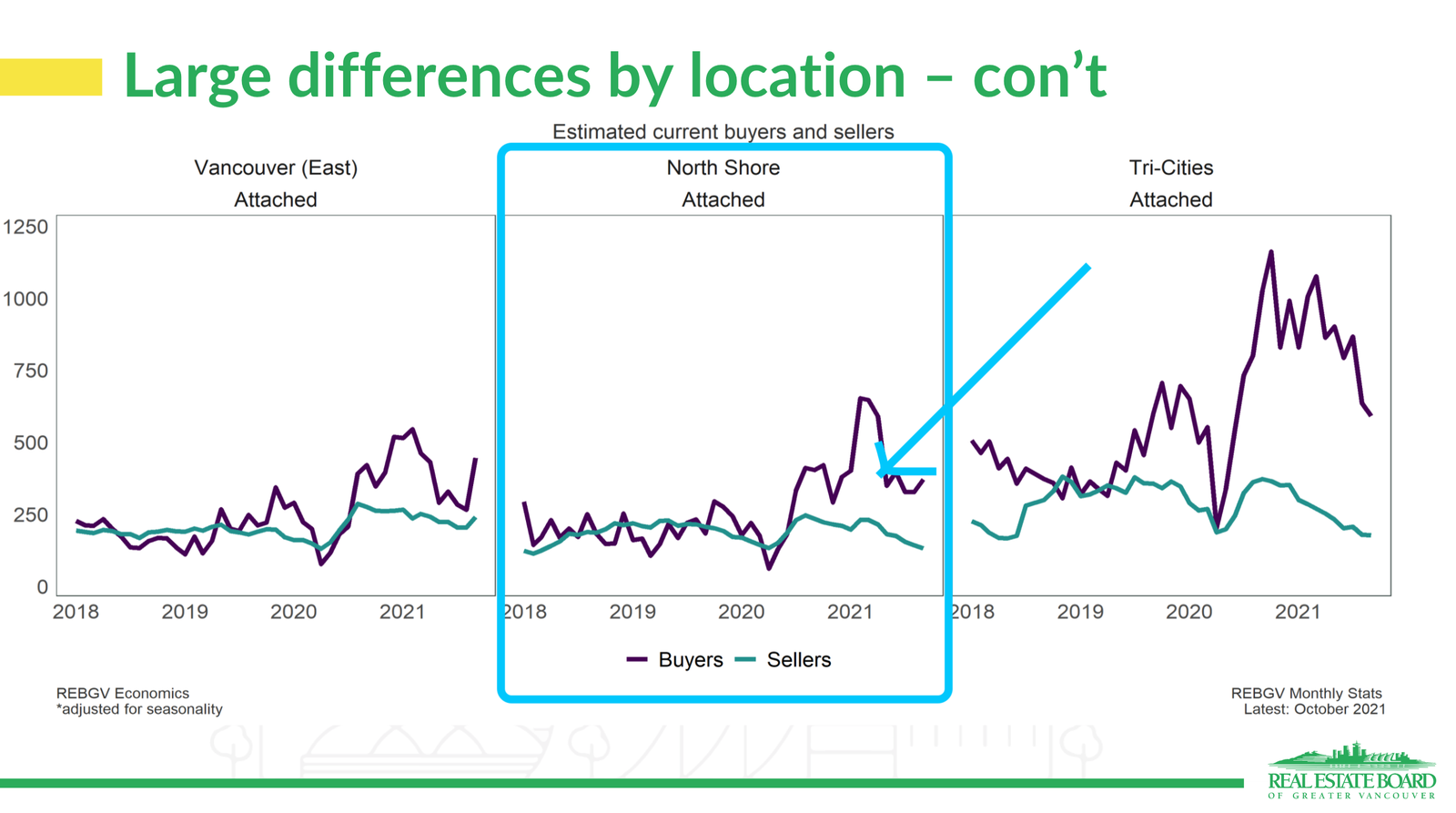
In Summary, the following are related to why we are seeing such an explosion in pricing (and demand).
- LOW inventory
- LOW interest rates ** Suspect to change, but not sure it'll impact market
- HIGH buyer demand
- HIGH allowance for employees to "work from home"
- HIGH importance on yard space and living space
- HIGH avoidance on international travel
Let's elaborate a bit on this:
LOW INVENTORY
Unless you've been trapped on a boat drifting at sea, you've probably heard a few times in 2021 the fact that inventory levels of available homes for purchase are at "record lows." What does that look like? See below a 5-year chart we've just compiled that shows "active listings" on a monthly basis over the last 5 years:

in RED you can see from Jan 2021 - May 2021 (first 5-months of 2021) that inventory levels were high, but the sales during that period wiped out any "excess" inventory that would have been experienced. Then we entered the Summer and Fall markets with 5-yr Lows. With increasing pressure from buyers, and a lack of inventory... prices skyrocketed! November and December felt it the most, and now January is experiencing the same pressure.
LOW INTEREST RATES
If you've applied for a rate, you know they are low, low, low! below is the last few years of Bank of Canada lending rates. These rates determine what your mortgage rates are essentially going to be. Current rate is "covid rate" of 0.25%
Now, we are expecting an announcement in late January on rate changes. I'm no economist by any means, but I'm sure there is pressure to keep rates low as we battle Omicron. Similarly, there is equal pressure to start raising rates to curb inflation (I just filled my gas up, at almost $2/litre).

HIGH BUYER DEMAND
The Real Estate Board of Greater Vancouver released some really cool numbers and data in September on Supply and Demand and forecasts for the future (see below). This was the first time I'd seen actual data on the "amount of buyers" that are in the marketplace compared to inventory available.

This chart above shows how 2021 was the year of buyers outnumbering sellers... and a lack of inventory is compounding that problem into 2022. As more and more sellers question "why would I sell, I have nowhere to go?" that leaves more buyers entering the market with nothing available to purchase. This graph shows why we have Multiple Offers and competition for listings. Additionally, lets look below at North Shore specifically... same issue:

HIGH ALLOWANCE FOR "WORK FROM HOME"
If you've been at an open house lately, you may hear the buyers mentioning "We currently live (East Van, West End, etc.
)" This fact holds true. More and more buyers are coming to the North Shore for the connection to nature and "more bang for the buck" compared to other Metro areas throughout the Lower Mainland. We got to admit, it's pretty awesome living here! And the secret is out. As more and more homeowners employers are allowing Work From Home, this is pushing buyers to neighbourhoods and areas that no longer are a hassle to "commute to work from"
HIGH IMPORTANT ON YARD/SPACE
Homes with outdoor space trump all others! That's been something since 2020 when Covid was first realized. Outdoor space in any home/condo/townhouse is premium! This trend I see continuing for 2022 and is coupled with the final point below.
HIGH AVOIDANCE ON INT'L TRAVEL
Again, this isn't a "new" realization. We've seen the mass sell-off of vacation homes abroad and family vacations internationally to a more localized trend. People are investing more in their primary residence and/or purchasing secondary homes in a much more "stay close to home" fashion. This isn't putting direct pressure on North Shore homes, but is signaling a trend to a preference of staying local.
